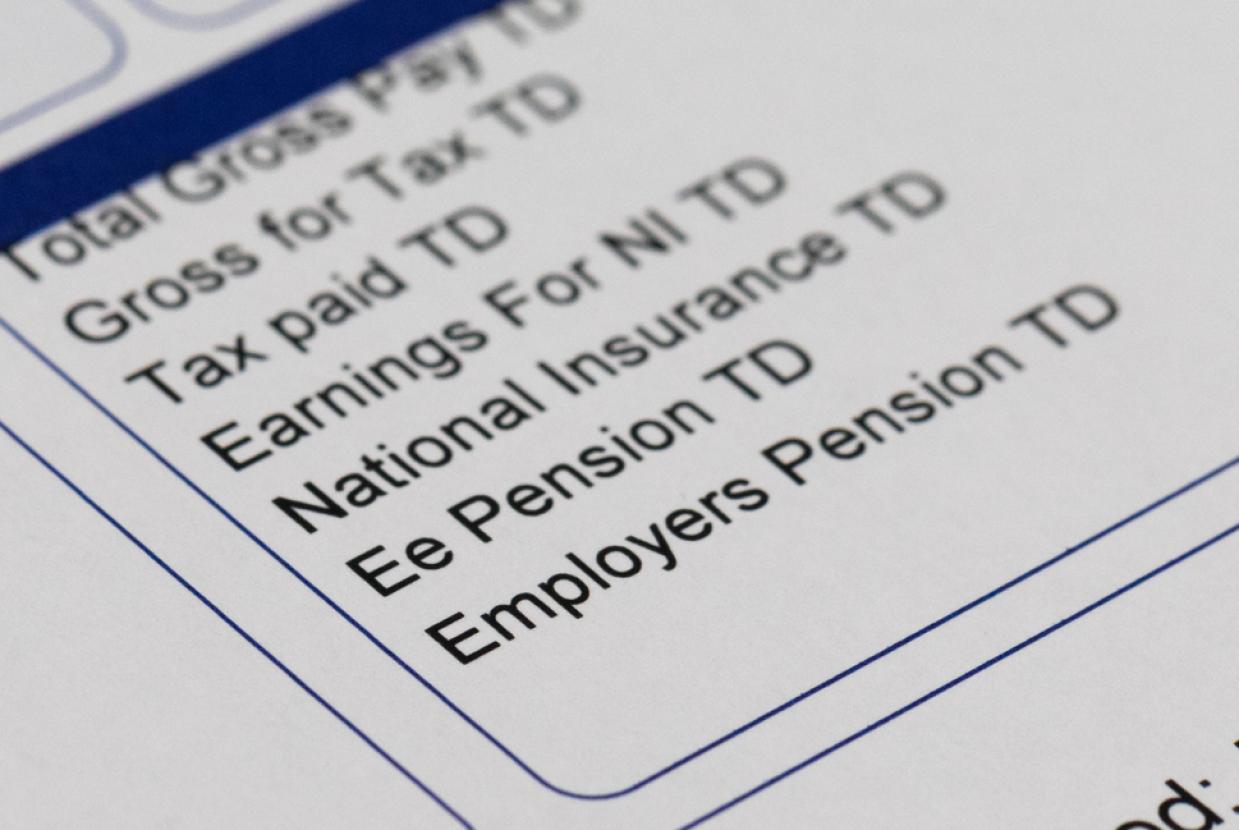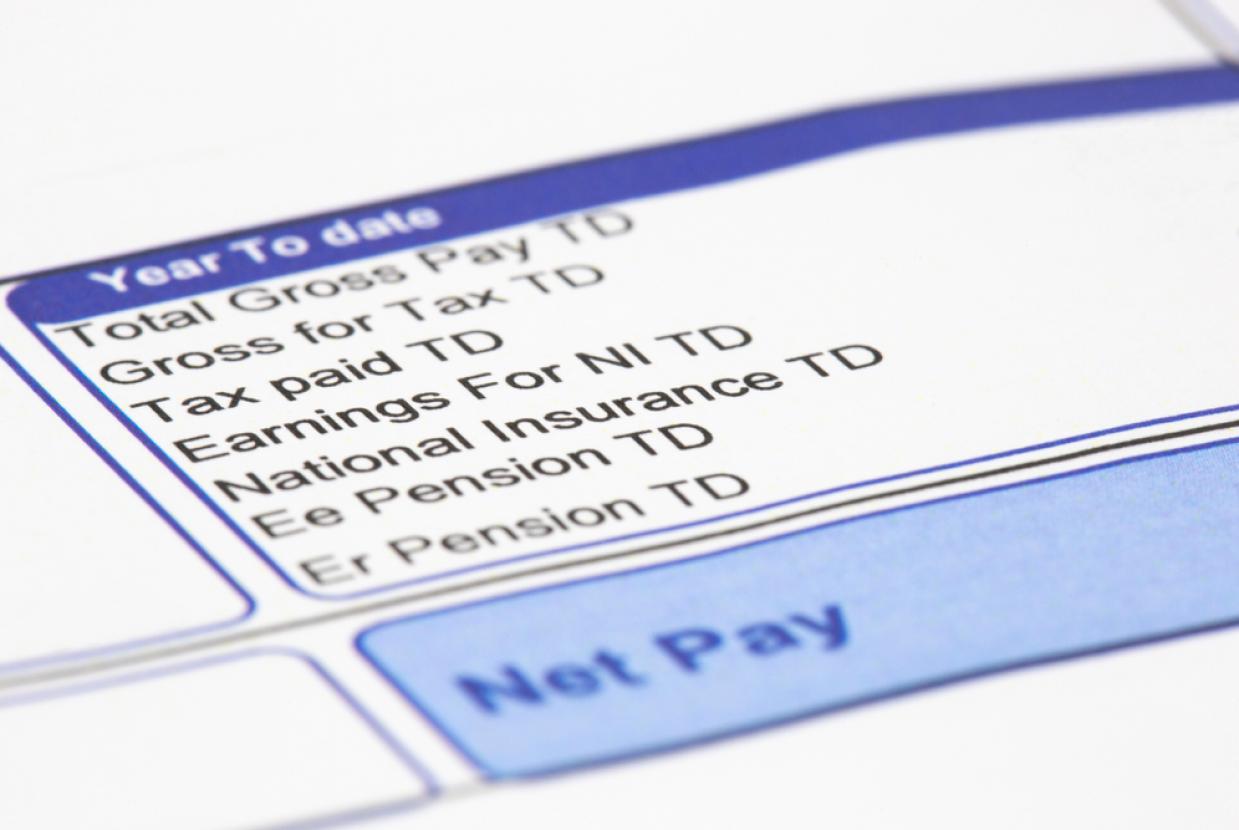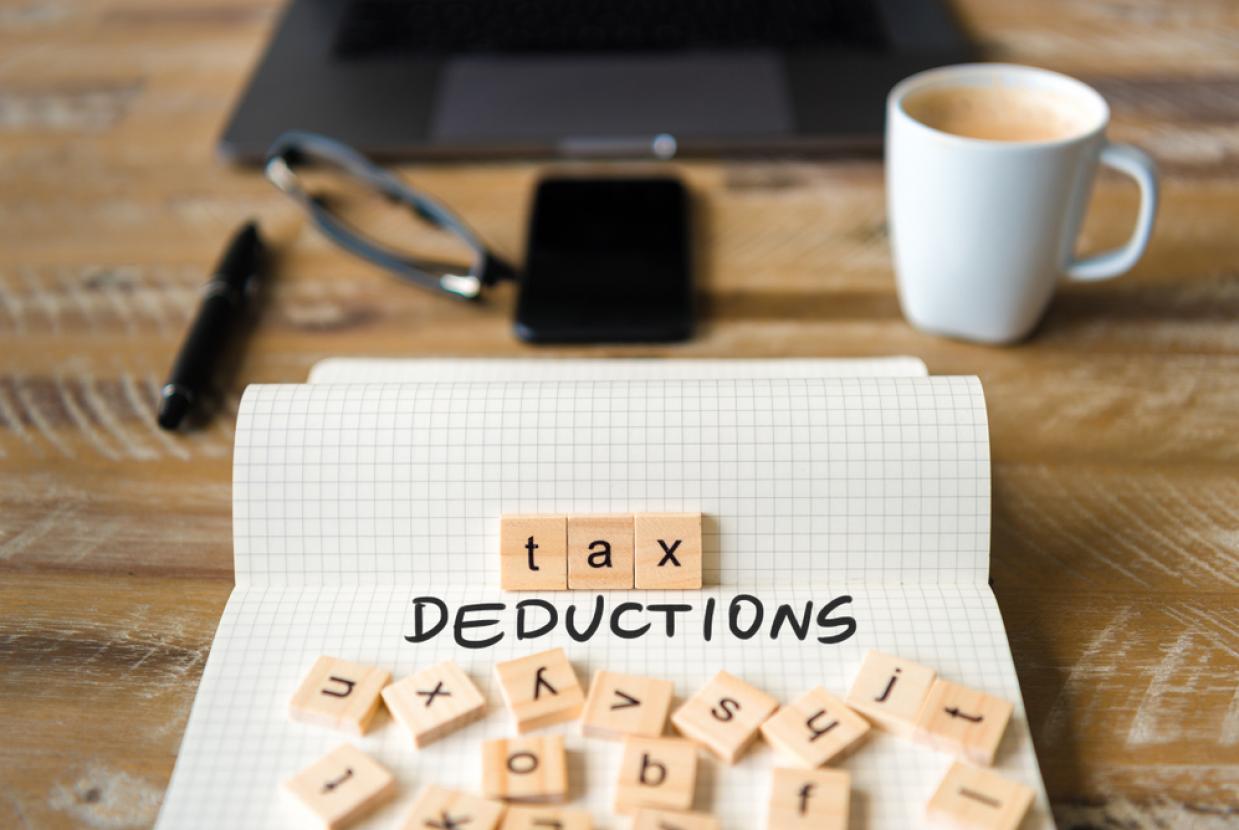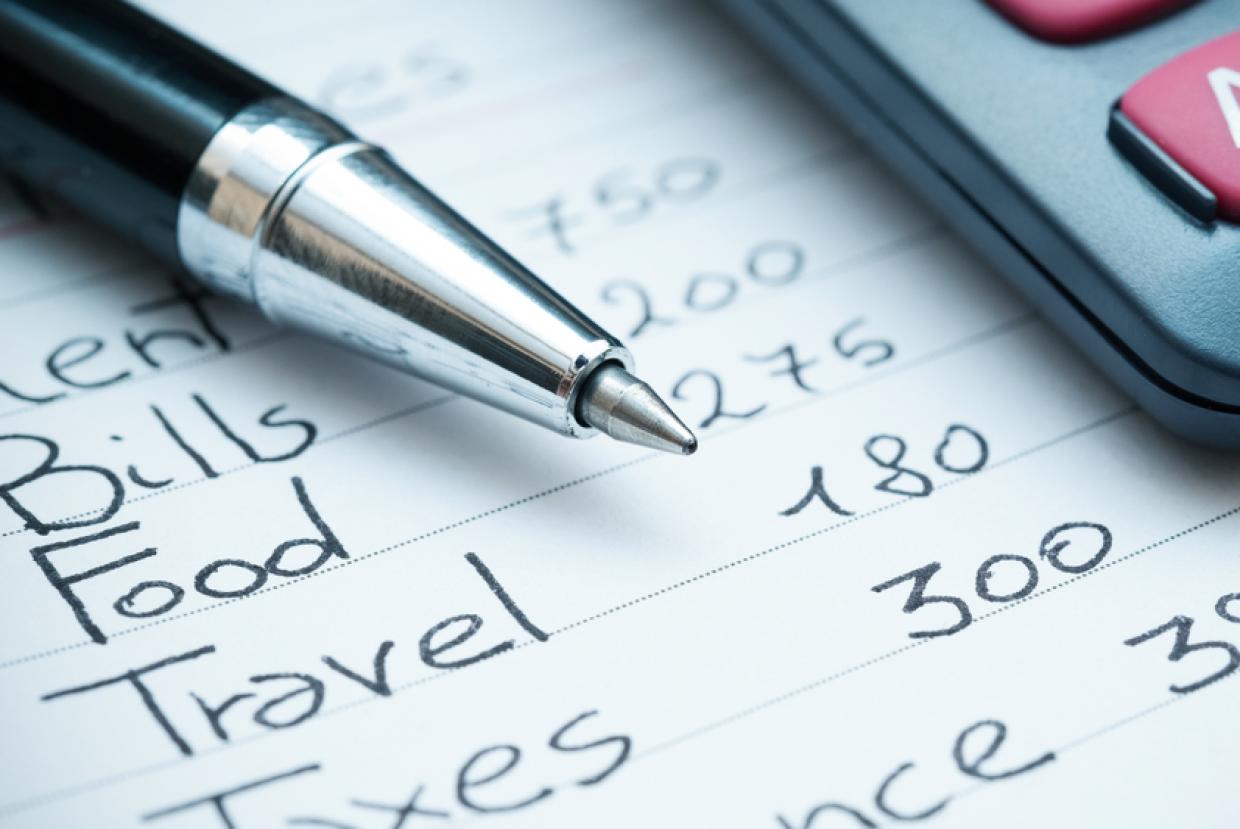Review Your Budget After A Drop In Income
Financial HealthWhat’s the best way to manage your household budget after losing your job, and what can you do to cope with a loss of earnings? It’s time to review your budget and take control of your finances.
Step one – make a budget
If you’re struggling with money, you might be avoiding looking at your accounts, but there’s no doubt that working out where you stand financially is well worth the effort.
A budget is nothing more than a list of all your income and spending. Most people underestimate how much they actually spend. It’s important to be honest with yourself – fudging the figures or sticking your head in the sand will only lead to nasty surprises later on.
Step two – try to cut back
Work out what you can cut back on to make sure you don’t spend more than your overall household income.
This is the part most people find difficult, especially if they have young children. But a good starting point is to divide outgoings into essential and non-essential items.
You can save on essentials like energy bills and groceries without scrimping. Turning the central heating down by one degree can save an average of £55 each year. And can your kids really spot supermarket own-brand baked beans.
Non-essentials are things like gym memberships and magazine subscriptions. Think about whether you’re making the most of them. If not, cancel them. Even the small, non-essential items you buy each day can mount up, such as newspapers, takeaway coffee or sweets.
Put them in order of priority and cut out the least important until you’re within your budget. Or, cut back on all of them so you can still enjoy a little bit of everything without going over your budget.
Step three – get your debts under control
The interest rate on debts is usually higher than the interest rate on savings. So, if you use any savings to pay off debts, you should be better off in the long run.
Step four – boost your income
Sounds simple. And if it was, everyone would be doing it. But, with a bit of effort, there are sources of income you can tap into.
For example, did you know that if you have a spare room in your home, the first £7,500 from renting it out would be tax free?
Or, if that feels like too big a step, think about selling unwanted possessions, recycling mobile phones and laptops or filling out surveys or doing market research to earn extra money.
Any redundancy pay you have can help replace your income for a while and help you get by. If you have an emergency fund, this might be the time to draw on it.
Step five – check out benefits and insurances
Have you lost your job, are looking for work, or are on a low income? Then you might qualify for benefits, such as Universal Credit.
Have you had to stop working or reduce your hours due to illness or disability? Then there are other benefits you might be able to claim.
You might also have insurance policies you can claim on, including:
- payment protection
- mortgage protection
- income protection.
Check your insurance policies or contact your policy provider to see if you might be able to claim. Also, check for any critical illness cover – which will generally only pay out in the event of a life-threatening condition.







































